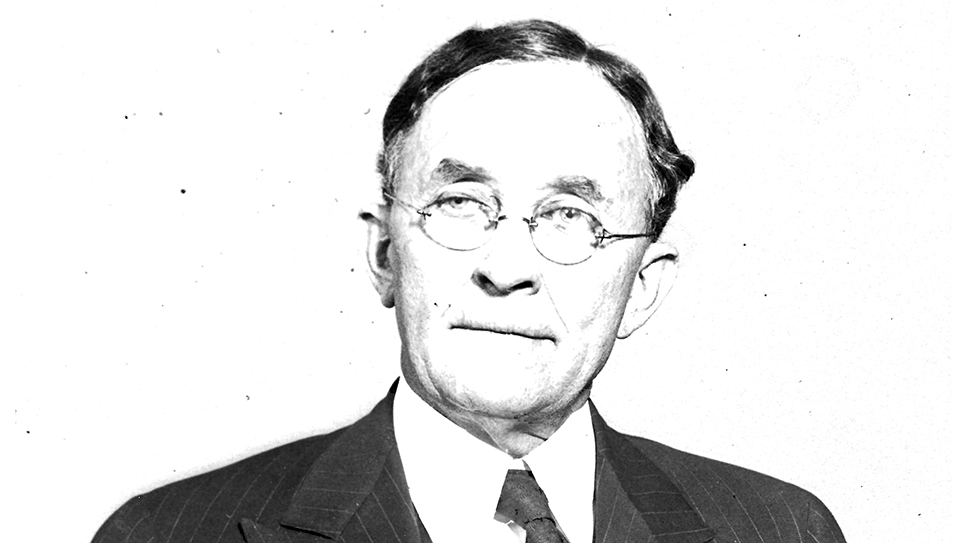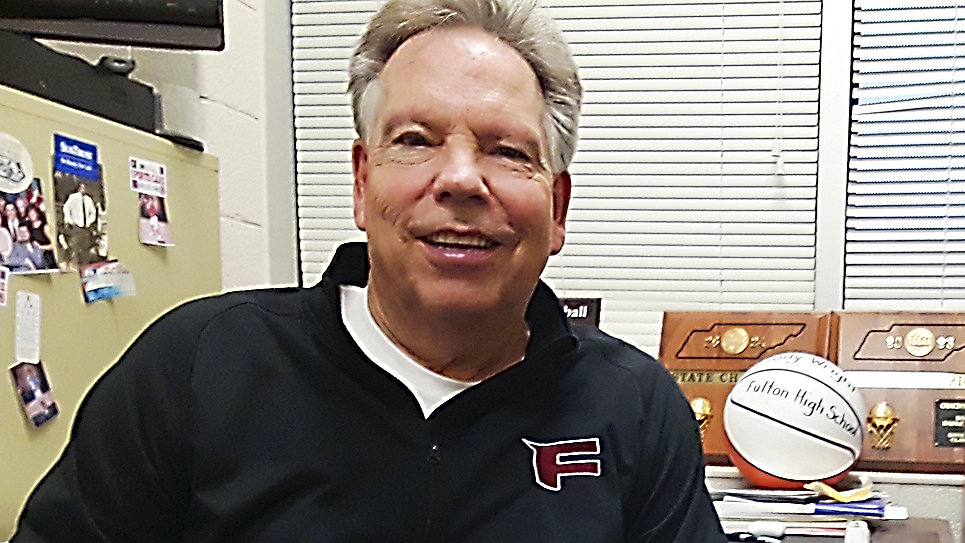Wisdom from a Wounded Tongue
By Justin Pratt,
Clear Springs Baptist Church Senior Pastor
“Once you burn your tongue on hot miso soup, you blow even on the cold sushi.” These words are from Hiroo Onoda, Japan’s most famous World War II holdout. These words are more than a colorful proverb. They capture a truth we all know but don’t always practice: past pain should lead to present wisdom. Onoda learned to be cautious from experience, and that caution led him to fight a one-man war for three decades. Living off the land and evading capture, this Japanese Imperial Army intelligence officer spent 29 years fighting a war that was long over. In the 1980s, he established the Onoda Nature School to teach children about the values of life. He had a knack for the ordinary and could turn everyday objects into life lessons. Whether we’re talking about hot soup or costly mistakes, the lesson is the same: if we don’t let the past teach us, we’re doomed to relive it.
History is indeed a patient teacher, and the lessons we can learn from it echo through time if we are willing to listen. Every day, people choose to ignore the lessons, and the result is that many repeat the same mistakes that brought so much pain and ruin. One of my favorite methods of reading and studying the Bible is to step into the lives of its people and walk with them through their choices, struggles, actions and triumphs. I want to examine their victories and learn how to cultivate humility. Watch their failures and rebellions and take note of what I should avoid. Look to their obedience so that I can discover how to follow. David’s courage inspires me, but his moral failures warn me. Peter was bold, and those moments give me great motivation, but his denial of Christ sobers me to guard my own heart. Even the nameless and faceless characters of the Bible who slide through in obscurity have so much that we can learn from them, positively and negatively. These stories are not preserved for history alone, but as mirrors and maps of what we should and shouldn’t do and where we should and shouldn’t go.
Paul writes in 1 Corinthians 10:11 about Israel’s wilderness failures, “Now all these things happened unto them for examples: and they are written for our admonition.” The stories of the Bible serve to counsel us and caution us. Their disobedience, complaining and compromise were like burns on the tongue of a nation, but too often, they walked right back into the fire. God calls us to something better: to humbly remember, to repent and to walk in wisdom so we don’t repeat the same errors. And when we ignore the lessons, we openly invite the same consequences.
Whether it’s personal mistakes, family patterns or even cultural sins that have been repeated through history, the call is the same: Learn. Repent. Change. Learning means that we take the first step and face the truth of what happened. We will never grow if we refuse to look back with an honest heart. Repenting is when we truly exercise heart change. It’s agreeing with God, humbling ourselves to admit that we made a mistake and sinned, and then choosing to walk in obedience. The action of repentance is called change. It’s adjusting decisions, habits and direction so that we don’t ‘burn our tongue again.’
Onoda offered the world a simple parable that contains a powerful truth. Learn, get better and don’t make the same mistakes. We can’t erase the past, but we can redeem the present by walking in God’s truth. If we humble ourselves enough to remember where we’ve been, we can live in such a way that we can drastically minimize the consequences of our decisions the hard way in the future.






